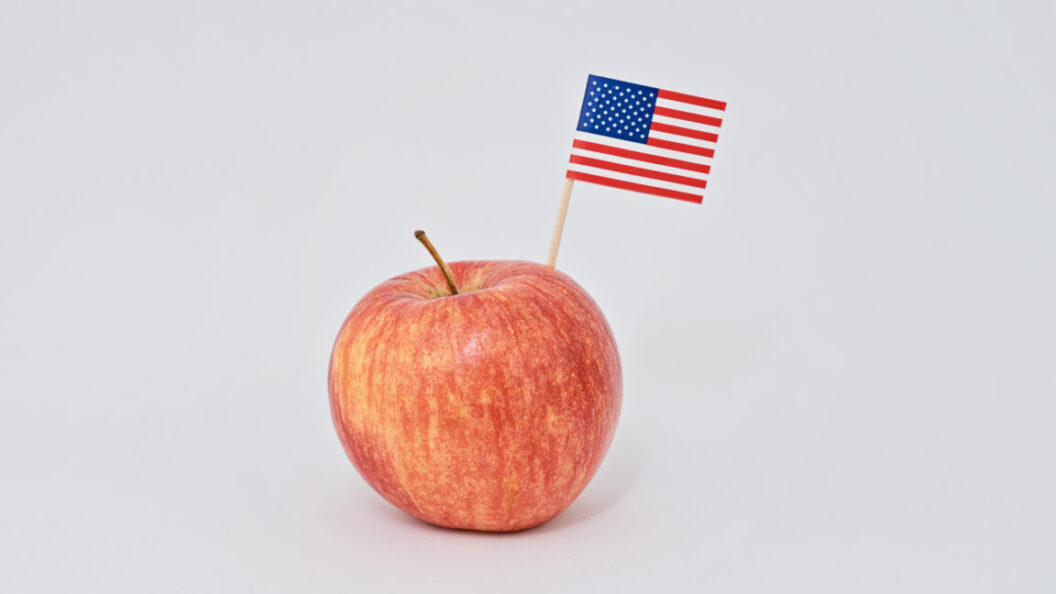Trump Threatens Apple with Tariffs Over iPhone Manufacturing
In a significant escalation of his rhetoric against major corporations, former President Donald Trump has threatened Apple Inc. with a 25 percent tariff on iPhones sold in the United States unless they are manufactured domestically. This declaration came via a post on his social media platform, Truth Social, where he expressed his disapproval of Apple’s plans to shift production to India.
The Announcement
Trump’s post emphasized that he had previously informed Apple CEO Tim Cook that its strategy to produce iPhones in India for the US market was unacceptable. He asserted, "Only US-made iPhones should be sold here," underscoring a nationalistic approach to American manufacturing. The former president added, "If that is not the case, a tariff of at least 25 percent must be paid by Apple to the US."
This marks the first instance of Trump directly threatening an American corporation with specific tariffs, raising questions about the legality and feasibility of such actions. As noted by Reuters, it remains unclear if Trump has the authority to impose tariffs on individual companies, as tariffs are typically applied at the country or category level.
Apple’s Response
As of now, Apple has not issued a public comment regarding Trump’s threat. The company has previously remained silent on its plans to transition manufacturing operations from China to India, where labor costs are generally lower. This strategic pivot has raised its own set of economic questions, especially regarding the cost implications for consumers.
Analysts have projected that manufacturing iPhones in the United States could significantly increase retail prices. CNBC cited estimates indicating that a US-made iPhone could cost up to $3,500, compared to the current market price, which is around $1,000. Similarly, The New York Times highlighted forecasts suggesting that this manufacturing shift could more than double the consumer price of an iPhone.
Broader Trade Implications
Trump’s threats extend beyond Apple. In a follow-up post on Truth Social, he criticized ongoing trade negotiations with the European Union, declaring them "very difficult" and "going nowhere." As a consequence, he announced a 50 percent tariff on EU imports set to take effect on June 1. This move adds to the growing tensions in international trade relations, raising alarms about a potential trade war that could have far-reaching effects on both the US economy and global markets.
Controversy and Reactions
While Trump’s approach resonates with a segment of the American populace that values domestic manufacturing, it reveals the complexities and potential downsides of protectionist policies. Critics argue that such tariffs could lead to increased prices for consumers and potentially hinder technological innovation if companies are forced to absorb rising production costs.
Furthermore, the unpredictability of Trump’s post-presidency approach raises questions about the stability of corporate strategies in the tech sector, particularly for companies like Apple that rely on global supply chains for their production needs.
Conclusion
Trump’s recent threats against Apple highlight the intersection of technology, trade, and politics in contemporary America. The implications of these actions could be significant—not just for Apple as a company, but for consumers facing higher prices, and for the broader economy as tariffs may disrupt supply chains and international trade relations. As the situation unfolds, both the tech industry and consumers will be closely monitoring these developments to gauge their impact on the future of manufacturing in the United States.









